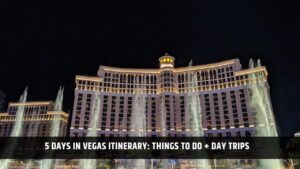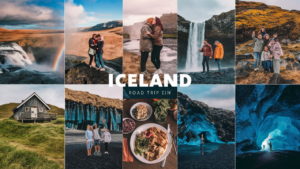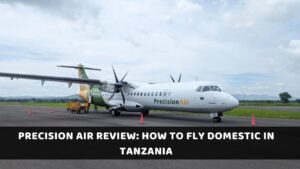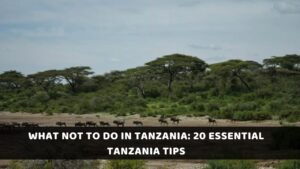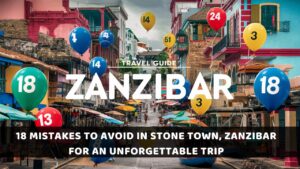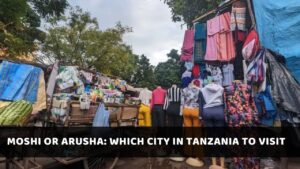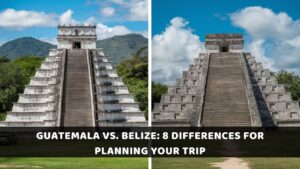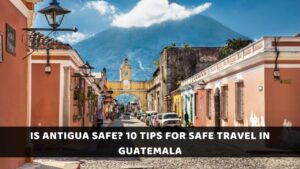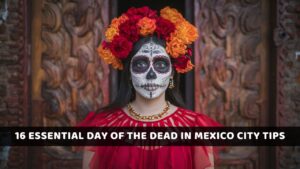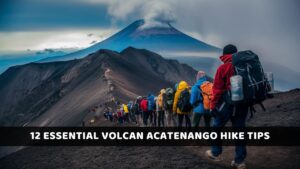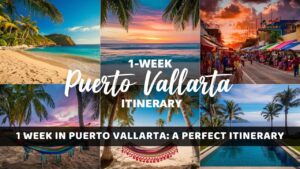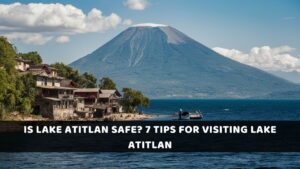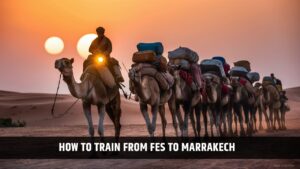Travel Privilege: Travel is often romanticized as a carefree adventure available to anyone willing to buy a plane ticket. However, the reality is that not everyone has equal access to travel. Travel privilege refers to the unearned advantages some travelers experience due to their race, nationality, gender, sexuality, socioeconomic status, and other factors.
Understanding your own travel privilege is an important step towards being a more conscious, responsible tourist. This guide will unpack the nuances of travel privilege, types you may experience, and how you can address inequity in the travel industry.
What is Travel Privilege?

Travel privilege describes the built-in advantages certain travelers enjoy over others. It stems from wider societal power structures and inequities along lines of race, gender, class, nationality, and more.
For example, an upper-middle class white American may take weekend trips abroad for granted. Meanwhile, a working class South Asian woman faces more hurdles obtaining visas. Systems of oppression shape these disparities.
Travel privilege manifests in ways like:
- Visa-free entry to more countries with a “powerful” passport
- No racial profiling at airports or danger as a solo woman traveler
- Accessibility at destinations and on transit for able-bodied travelers
- Speaking languages like English as a common tongue
- Paid time off work to take vacations
In other words, travel privilege is unearned ease or access related to one’s identity or status. It’s often invisible to those who have it.
10 Common Types of Travel Privilege
Here are some of the most prevalent forms of travel privilege and how they advantage certain travelers:
1. Race Privilege
Racial privilege, especially white privilege, shapes many travel experiences. White tourists often avoid racial profiling faced by travelers of color. They’re also less likely to experience racist encounters abroad.
2. Nationality Privilege
Your passport determines where you can visit visa-free. Citizens of Global North countries like the U.S. and U.K. have more visa-free options than those holding “weaker” passports.
3. Gender Privilege
Men traveling alone are unlikely to face safety concerns women commonly do, like sexual assault. Solo female travelers take extra precautions in many destinations.
4. Sexuality Privilege
Heterosexual couples don’t risk persecution for their sexuality in countries where LGBTQ+ identities are illegal or taboo.
5. Ability Privilege
Able-bodied travelers don’t face barriers like inaccessible transit, hotels, or attractions that travelers with disabilities encounter.
6. Socioeconomic Privilege
Wealth enables luxuries like business class flights and five-star hotels out of reach for lower-income travelers.
7. Language Privilege
English speakers avoid language barriers in popular tourist destinations where English is widely spoken.
8. Religious Privilege
Christians can openly practice their faith in more places than religious minorities like Muslims, Hindus, or Buddhists.
9. Body Size Privilege
Thinner travelers don’t confront small airplane seats or judgement about their bodies that plus-sized travelers do.
10. Time Off Privilege
Those with ample paid vacation from work can travel more frequently and spontaneously than laborers granted little or no leave.
Why Travel Privilege Matters

Being aware of travel privilege is the first step to dismantling inequity in the travel industry. Understanding your advantages challenges assumptions that travel is equally accessible to all.
It also pushes more privileged travelers to leverage their influence responsibly. Calling out injustice abroad, choosing ethical tour operators, and speaking up about diversity in travel media are just a few actions travelers can take.
On an individual level, checking travel privilege prompts introspection about power, positionality, and what it means to travel ethically. It encourages travelers to be more attentive, open-minded, and respectful.
Travel is a privilege, not a right. Remaining conscious of that privilege is key to fostering cross-cultural exchange versus exploitation.
How to Address Your Travel Privilege
Once you’re aware of your travel privilege, taking stock of how it shapes your experiences is an important next step. Here are some ways to thoughtfully address privilege as a traveler:
Listen to Diverse Perspectives
Follow travel bloggers and influencers from different backgrounds than yourself. Seek out resources spotlighting accessibility, solo female travel, LGBTQ+ experiences, etc.
Check Biases and Assumptions
Examine any preconceived notions or stereotypes you hold about a destination or culture. Be open to having your perspectives challenged.
Research Ethical Tour Operators
Vet excursion providers carefully for fair wages, environmental sustainability, and spreading profits to local communities.
Choose Where to Spend Money
Support small businesses or vendors from marginalized groups when purchasing souvenirs, food, lodging, etc.
Speak Up About Inequity
Use your voice and influence to call out injustice in the travel industry, like lack of representation or exploitative practices.
Don’t Flaunt Privilege
Avoid boasting about “exclusive” experiences only available due to your wealth, nationality, etc. Be humble.
Learn About Accessibility
Educate yourself on the barriers disabled travelers face and how sites could improve accommodation.
Check Publication Policies
If you have a travel platform, ensure submission guidelines welcome diverse writers and perspectives.
Learn a Few Key Phrases
Make an effort to learn basic greetings and politenesses in local languages. Don’t assume English fluency.
Offer Help, Not Handouts
Contribute to community projects sustainably. Don’t participate in quick fix “voluntourism.”
Diversify Your Perspectives
Follow travel influencers from a variety of backgrounds to expand your awareness. Their insight is invaluable.
Travel More Thoughtfully
The travel industry has a long way to go in dismantling barriers for marginalized communities. But individual travelers can make a difference through conscious reflection and action.
Checking your privilege is a lifelong process. No one is immune from internalized biases or preconceptions. Yet together we can work towards equity in travel, one open-minded trip at a time.
Understanding both travel privilege and limitations is key to compassionate cross-cultural exchange. So keep listening, learning, and leveraging your influence to uplift others. Mindful travel creates ripples that can transform our world for the better.
FAQs
What is travel privilege?
Travel privilege refers to the advantages and ease of travel that some people experience based on their nationality, ethnicity, gender, socioeconomic status, able-bodiedness, and other facets of their identity. It stems from wider societal inequities and power structures.
What are some examples of travel privilege?
Passport privilege, money and time to travel frequently, use of English as a common language, lack of discrimination or profiling when traveling, and accessibility of destinations.
Why does travel privilege matter?
Understanding travel privilege helps challenge assumptions that travel is equally easy for everyone. It prompts more equitable practices in the travel industry and thoughtful reflection about our own advantages as travelers.
How can I address my own travel privilege?
Listen to diverse travel experiences, check biases, support local businesses and marginalized groups, speak up about inequity in travel, and learn key phrases in local languages.
What are some tips for being an ethical traveler?
Research sustainable tour operators, respect cultural norms, learn about accessibility barriers, spend money to benefit communities, don’t engage in “voluntourism”, and diversify the voices and perspectives you follow online.

